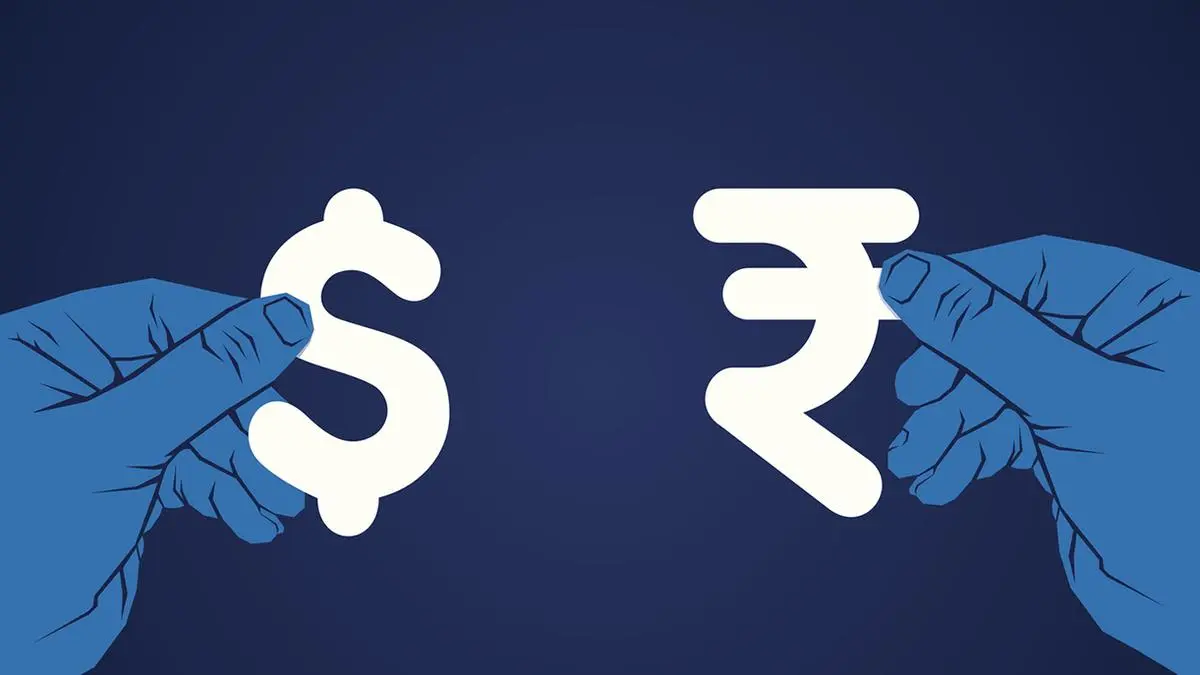When it comes to dividend funds, the Schwab U.S. Dividend Equity ETF is “the gold standard,” according to Morningstar. The fund, which trades under ticker SCHD and has a 30-day SEC yield of 3.84%, is among the top performers in its peer group, said Ryan Jackson, manager research analyst for passive strategies at Morningstar . It is also “super cheap,” with an expense ratio of 0.06%. “You see the benefit of the low expenses really compound over the long term, which is really where this fund has thrived,” he said. SCHD 5Y mountain Schwab US Dividend Equity ETF’s five-year performance Since SCHD’s inception in 2011 through May 2024, its 12.9% annualized return beat the Russell 1000 Value’s 11.5% and trailed the Russell 1000’s 14.4%, Jackson said. That ranks it in the ninth percentile of the large-value peer group. “It is a very high quality portfolio of stable stocks,” he said. “These aren’t going to outperform every bull market, that is not how it is designed. It has held its own during market downturns. It has stayed competitive during market rallies. That’s the benefit of threading the needle between value and quality.” Here are its top 10 holdings. The ETF seeks to track the total return of the Dow Jones U.S. Dividend 100 Index. While it is considered a passive fund, there is an active strategy within the index — therefore it isn’t like its peers that track a broad market index, Jackson pointed out. In fact, Schwab played a role in designing the index’s methodology, said D.J. Tierney, senior investment portfolio strategist at Schwab Asset Management. The first step in that methodology is to look at companies that have paid a dividend for 10 straight years, excluding real estate investment trusts. They are then ranked by indicated yield and the bottom half is taken out. “We want to be focused on companies that have been paying dividends and are paying a substantial one,” Tierney said. The index then applies four screens, or measures. First, it looks at fundamentals of the company and ranks them by cash flow versus total debt. It also looks at return on equity, dividend yield and the dividend growth rate over the last five years. Each measure is equally weighted and the stock gets scored. After the stocks are selected, the index market cap weights them, with a maximum position around 4%. There is also a sector cap of 25%, Tierney said. The end result is firms with healthy balance sheets that pay a dividend. “This one is pretty cut and dry and we think the transparency and simplicity of it is a really nice thing for investors,” Morningstar’s Jackson said. “This index does a wonderful job of balancing yield with high quality.”













